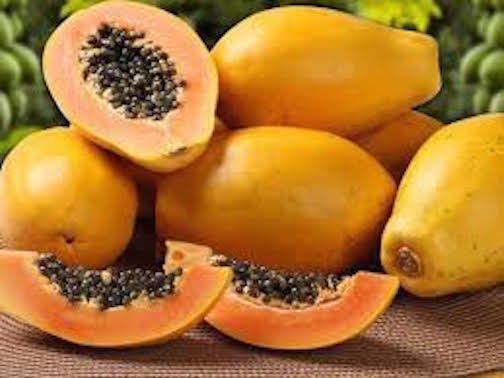As of August 21, 2017, there were 173 recent cases of Salmonella infection nationwide associated with eating imported papayas, and 36 cases were among New York City residents. As a result, the Health Department once again urges New Yorkers to avoid eating Maradol papayas from Carica de Campeche farm in Mexico. If it is unclear where the papaya is from, ask the place of purchase. If this information is not available, it is recommended that you do not eat, purchase, or serve the papaya.
Salmonellosis is an infection of the intestines caused by the bacteria Salmonella, and can spread to the bloodstream. This infection is one of the more common causes of food-related illness, and is widely distributed in our food chain and environment. Most cases of salmonellosis occur in the summer and early fall because warmer weather gives bacteria more opportunity to contaminate food. The bacteria often contaminate raw meat, poultry, eggs, unpasteurized milk, and cheese products. However, Salmonella can also be found in fruits, vegetables, and processed foods such as frozen pot pies. Other sources of exposure may include contact with infected pet reptiles, pet chicks, ducks, dogs, and cats. Taking precautions will help prevent Salmonella infection.
8 Tips to Help New Yorkers Prevent Salmonella
- Wash hands, kitchen surfaces, and utensils with soap and water immediately after they have been in contact with raw meat, poultry, eggs, etc.
- Be particularly careful with foods prepared for infants, pregnant women, the elderly, and those in poor health.
- Do not prepare food for others if you are experiencing diarrhea or vomiting.
- Cook eggs, meat, and poultry thoroughly. Do not eat or drink foods containing raw eggs, or raw (unpasteurized) milk.
- Use a food thermometer to ensure that meat and poultry are thoroughly cooked on the inside to the recommended temperatures.
- Separate raw meat, poultry, and seafood from ready-to-eat foods.
- Promptly refrigerate food that will spoil.
- Wash hands immediately after handling reptiles, birds, baby chicks, or ducks, and after contact with pet feces.



















Leave a Reply